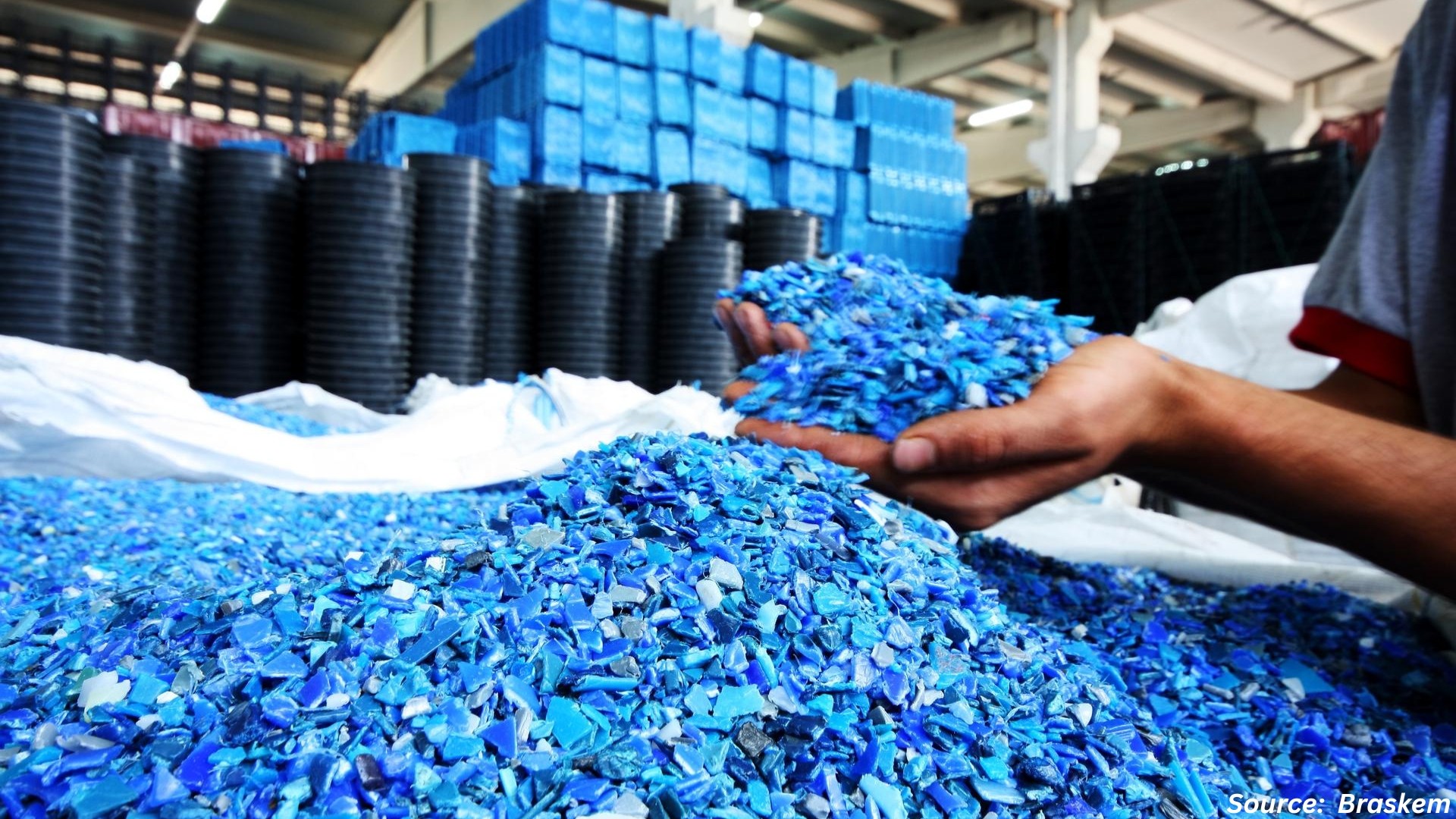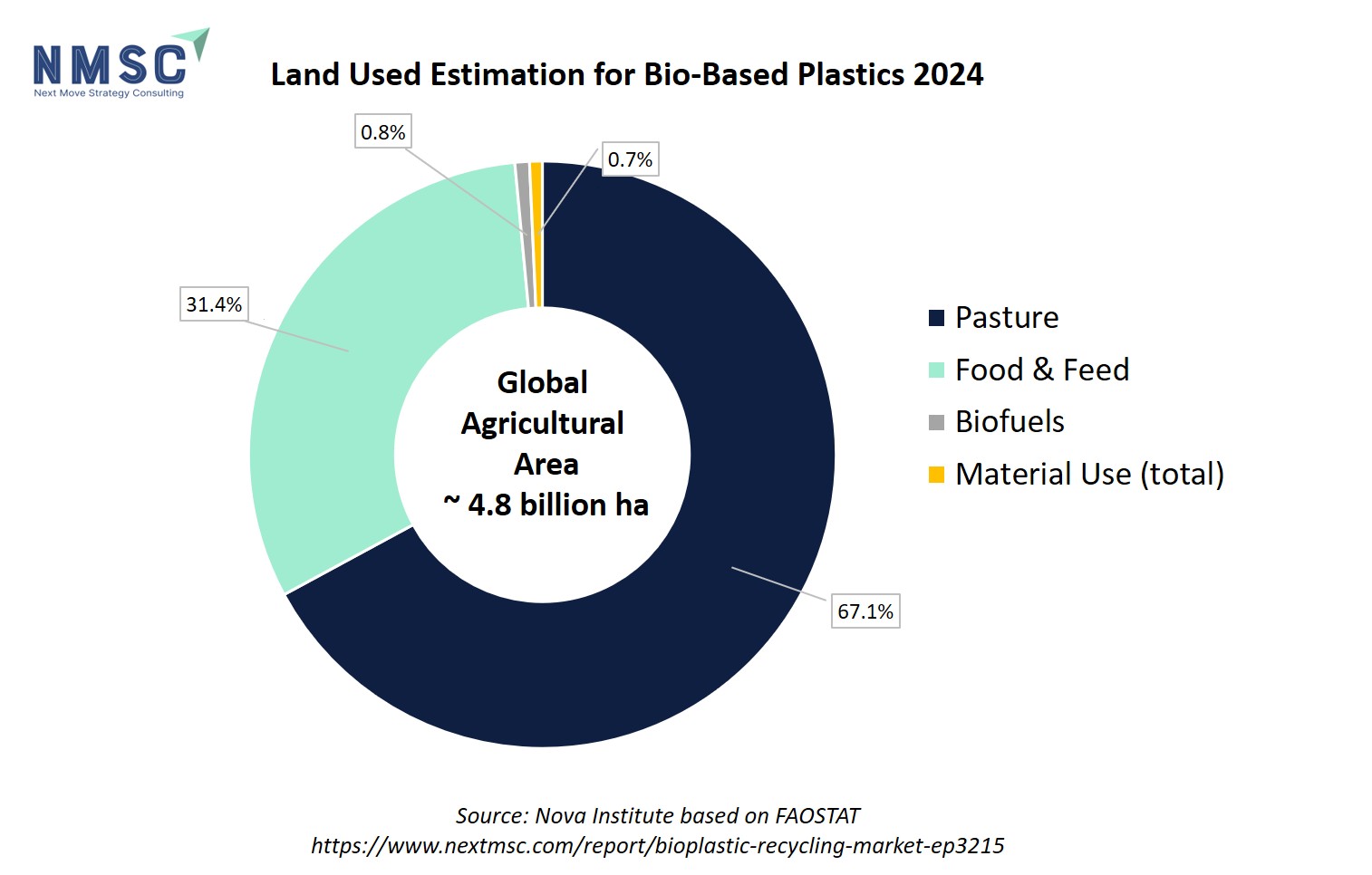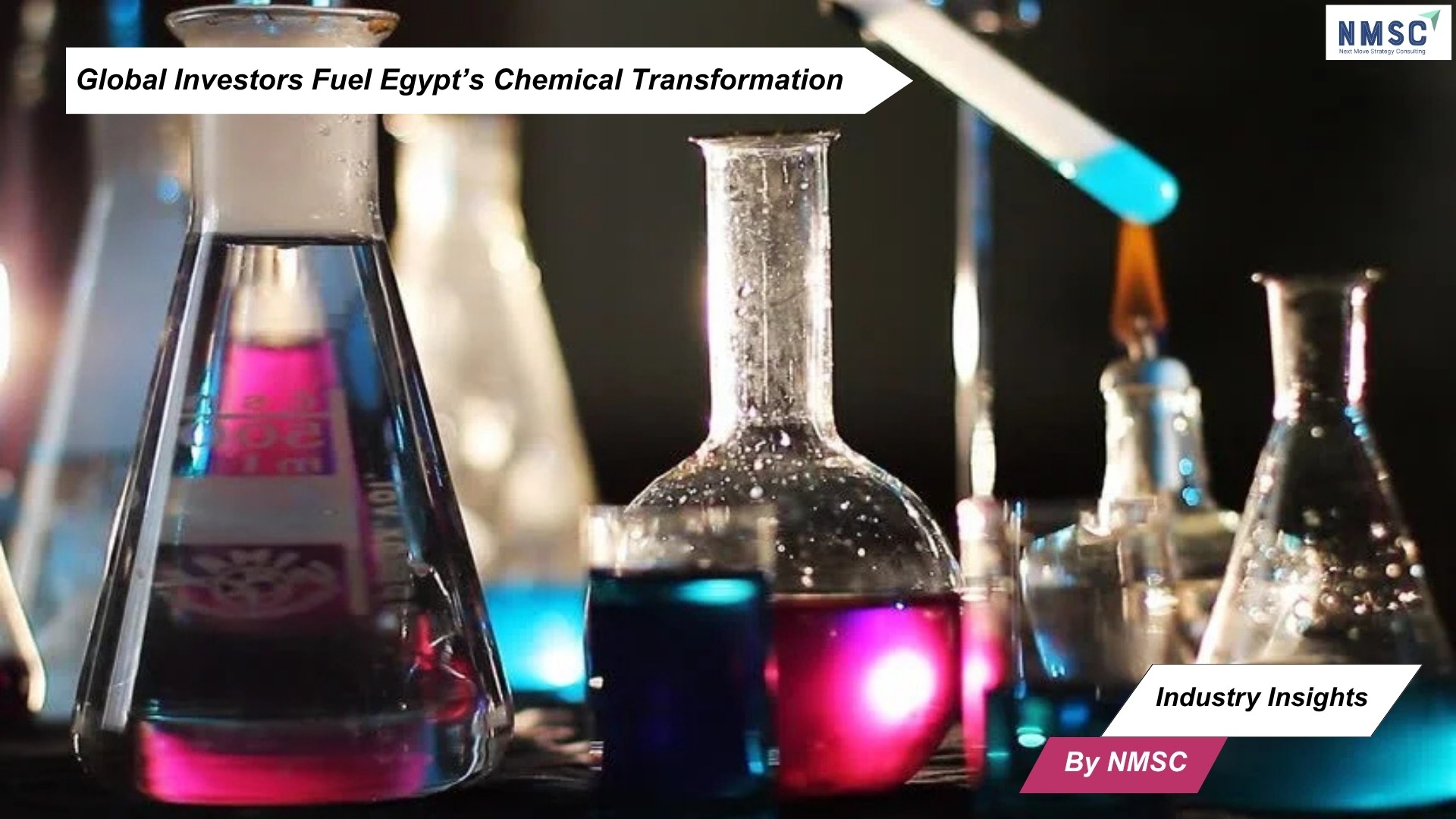How Bioplastic Recycling is Transforming Sustainability Across Industries
Published: 2025-08-12

The bioplastic recycling market is gaining momentum as industries and governments push for sustainable alternatives to conventional plastics. With increasing regulatory pressure and consumer demand for eco-friendly materials, the sector is witnessing rapid advancements in recycling technologies and applications. This article explores the latest developments, key applications, regional dominance, and future prospects of the bioplastic recycling market.
Latest Developments (2024–2025)
Recent innovations in bioplastic recycling focus on improving compostability and reducing contamination in waste streams. However, challenges persist, as highlighted by the Western Placer Waste Management Authority (WPWMA), which notes that many bioplastics labeled as "compostable" do not break down efficiently in standard composting facilities, leading to operational disruptions.
Meanwhile, the U.S. Department of Agriculture (USDA) is funding research to convert agricultural waste into bioplastics, offering a dual solution for waste management and sustainable material production.
Applications Across Industries
Bioplastics are increasingly used in:
-
Packaging: Food containers, biodegradable wraps
-
Agriculture: Mulch films, plant pots
-
Consumer Goods: Disposable cutlery, textiles
-
Automotive: Interior components made from bio-based polymers
Despite their benefits, improper disposal remains a hurdle, as many bioplastics require industrial composting facilities.
How Much Land is Used for Biobased Plastics?
In 2024, global agricultural land was estimated at approximately 4.8 billion hectares. The vast majority of this land—around 67.1%—is used for pasture to support livestock. Another 31.4% is allocated for growing food and animal feed. Biofuels account for 0.8% of the total, while crops used for industrial materials, such as cotton, rubber, and biobased products, use about 0.7% of the available land.
Within this small 0.7% allocated to material use, biobased plastics represent an even smaller portion. Only about 0.624 million hectares are used to grow feedstock for biobased plastics. This equates to just 0.013% of the world’s agricultural land.
Despite concerns that bioplastics may compete with food crops, the data shows otherwise. The land required for biobased plastic production is minimal—less than one-hundredth of a percent of total agricultural land. This indicates that the impact of bioplastics on food production and land use is currently negligible.
This data, compiled by the nova-Institute and based on FAOSTAT 2025 figures, was published by European Bioplastics to clarify the land-use footprint of renewable plastic materials.
What raw materials are used to produce bioplastics?
Bioplastics are manufactured using renewable plant-based materials such as corn, sugarcane, tapioca, potatoes, rice, soy, wheat, and vegetable oils. They can also be derived from wood byproducts like woodchips and sawdust, as well as agricultural waste including rice straw, sugarcane bagasse, and barley residues. These natural feedstocks undergo chemical processing to create biodegradable or bio-based polymers. The development of bioplastics supports a circular economy model by prioritizing recyclable, reusable, and repurposable materials—an approach that reduces environmental harm and promotes sustainable production cycles.
Geographical Analysis of Bioplastic Recycling Market
-
Europe Leads in Innovation
-
Home to major initiatives like the EU-funded MOEBIOUS project (addressing recycling challenges) and ReBioCycle project (developing new recycling/upcycling solutions).
-
Belgium stands out as a global leader in plastic recycling innovation, including biobased plastics.
-
European Bioplastics hosts dedicated webinar series on bioplastics recycling, fostering industry knowledge-sharing.
-
-
North America Shows Growing Momentum
-
Rising consumer demand for sustainable packaging is accelerating bioplastic recycling technology development.
-
-
Asia-Pacific: Rapid Adoption, Emerging Infrastructure.
-
Increasing interest in bioplastics is driving the need for stronger recycling systems.
-
-
Rest of the World (13% Market Share)
-
Latin America & Middle East show growth potential (e.g., Brazil’s bioplastic recycling pilots).
-
Limited infrastructure remains a key challenge in these regions.
-
Key Players and Recent Strategies
|
Company |
Recent Strategy |
|
BASF |
Invested with enzyme-based cleaning solutions |
|
NatureWorks |
Expanded compostable packaging solutions |
|
Danimer Scientific |
Developed PHA-based bioplastics from canola oil |
About Next Move Strategy Consulting:
Next Move Strategy Consulting is a premier market research and management consulting firm that has been committed to provide strategically analysed well documented latest research reports to its clients. The research industry is flooded with many firms to choose from, what makes NextMSC different from the rest is its top-quality research and the obsession of turning data into knowledge by dissecting every bit of it and providing fact-based research recommendation that is supported by information collected from over 500 million websites, paid databases, industry journals and one on one consultations with industry experts across a diverse range of industry sectors. The high-quality customized research reports with actionable insights and excellent end-to-end customer service help our clients to take critical business decisions that enables them to move beyond time and have competitive edge in the industry. We have been servicing over 1000 customers globally that includes 90% of the Fortune 500 companies over a decade. Our analysts are constantly tracking various high growth markets and identifying hidden opportunities in each sector or the industry. We provide one of the industry’s best quality syndicate as well as custom research reports across 10 different industry verticals. We are committed to deliver high quality research solutions in accordance to your business needs. Our industry standard delivery solutions that ranges from the pre consultation to after-sales services, provide an excellent client experience and ensure right strategic decision making for businesses.
For more information, please contact:
Next Move Strategy Consulting
5th Floor 867
Boylston St, STE 500
Boston, MA 02116, U.S.
E-Mail: [email protected]
Direct: +18577585017
Website: www.nextmsc.com

















Add Comment